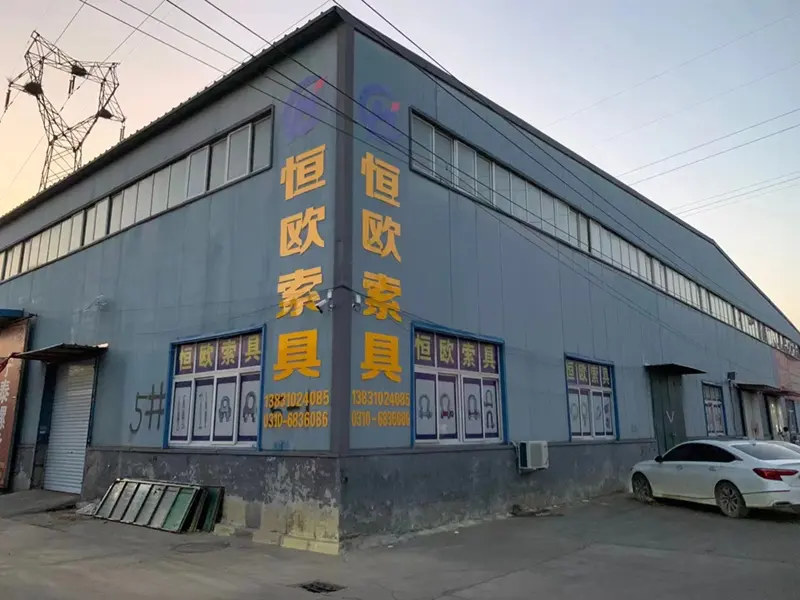
Nov . 17, 2024 01:17 Back to list
propyl methyl cellulose
Understanding Propyl Methyl Cellulose An Overview
Propyl Methyl Cellulose (PMC) is a cellulose derivative that has gained significant attention due to its versatility and wide range of applications in various industries. As a semi-synthetic polymer derived from natural cellulose, PMC plays a crucial role in both food and pharmaceutical sectors, as well as in construction materials and cosmetics. This article aims to provide an insightful overview of PMC, highlighting its properties, uses, and benefits.
Chemical Structure and Properties
Propyl Methyl Cellulose is synthesized by treating cellulose with propylene oxide and methyl chloride, resulting in a compound characterized by its ether functionalities. The unique structure of PMC gives it distinctive properties, such as solubility in a variety of solvents, thermal stability, and the ability to form gels. When mixed with water, PMC can create viscous solutions that exhibit non-Newtonian flow behavior, making it an excellent thickening agent.
One of the key features of PMC is its ability to provide controlled release of active ingredients. This property is particularly beneficial in pharmaceutical formulations, where it can enhance the bioavailability of drugs by controlling their release profile in the body.
Applications in Various Industries
1. Food Industry In the food sector, PMC is commonly used as a food additive and thickening agent. It contributes to texture and mouthfeel in products such as sauces, dressings, and dairy items. Its ability to form emulsions makes it valuable in creating stable mixtures of oil and water.
2. Pharmaceutical Industry PMC is frequently employed in the formulation of tablet coatings and sustained-release formulations. Its film-forming capabilities allow for the production of protective, taste-masking coatings, improving patient compliance. Additionally, its mucoadhesive properties help in the formulation of gel-based medications, enhancing their effectiveness and prolonging their action.
propyl methyl cellulose

3. Construction Materials In the construction industry, PMC is used as a thickener and binder in cement-based products such as mortars, grouts, and tile adhesives. It enhances workability, increases water retention, and improves adhesion, ultimately leading to more durable construction materials.
4. Cosmetics and Personal Care The cosmetic industry utilizes PMC for its thickening and emulsifying properties. It is found in lotions, creams, and shampoos, where it helps to stabilize formulations and improve texture, providing a luxurious feel to the skin.
Benefits of Propyl Methyl Cellulose
The use of Propyl Methyl Cellulose offers numerous benefits across its applications. Its non-toxic nature and compatibility with various ingredients make it a preferred choice in formulations. Moreover, PMC is often favored for its ability to modify viscosity without compromising the clarity of liquid products.
Environmental sustainability is another important aspect of PMC. As a derivative of cellulose, it is biodegradable and can be produced from renewable resources, aligning with the growing demand for eco-friendly alternatives in numerous consumer products.
Conclusion
Propyl Methyl Cellulose is a remarkable compound that has become indispensable in many industries. Its unique properties and versatility make it a valuable ingredient in food, pharmaceuticals, construction, and personal care products. As research continues to expand the understanding of PMC, its applications and benefits are likely to evolve, promising even more innovative solutions for industries in the future. Whether enhancing the texture of your favorite dish, ensuring the effectiveness of medications, or improving the quality of construction materials, PMC continues to play a vital role in our everyday lives.
-
Versatile Hpmc Uses in Different Industries
NewsJun.19,2025
-
Redispersible Powder's Role in Enhancing Durability of Construction Products
NewsJun.19,2025
-
Hydroxyethyl Cellulose Applications Driving Green Industrial Processes
NewsJun.19,2025
-
Exploring Different Redispersible Polymer Powder
NewsJun.19,2025
-
Choosing the Right Mortar Bonding Agent
NewsJun.19,2025
-
Applications and Significance of China Hpmc in Modern Industries
NewsJun.19,2025







